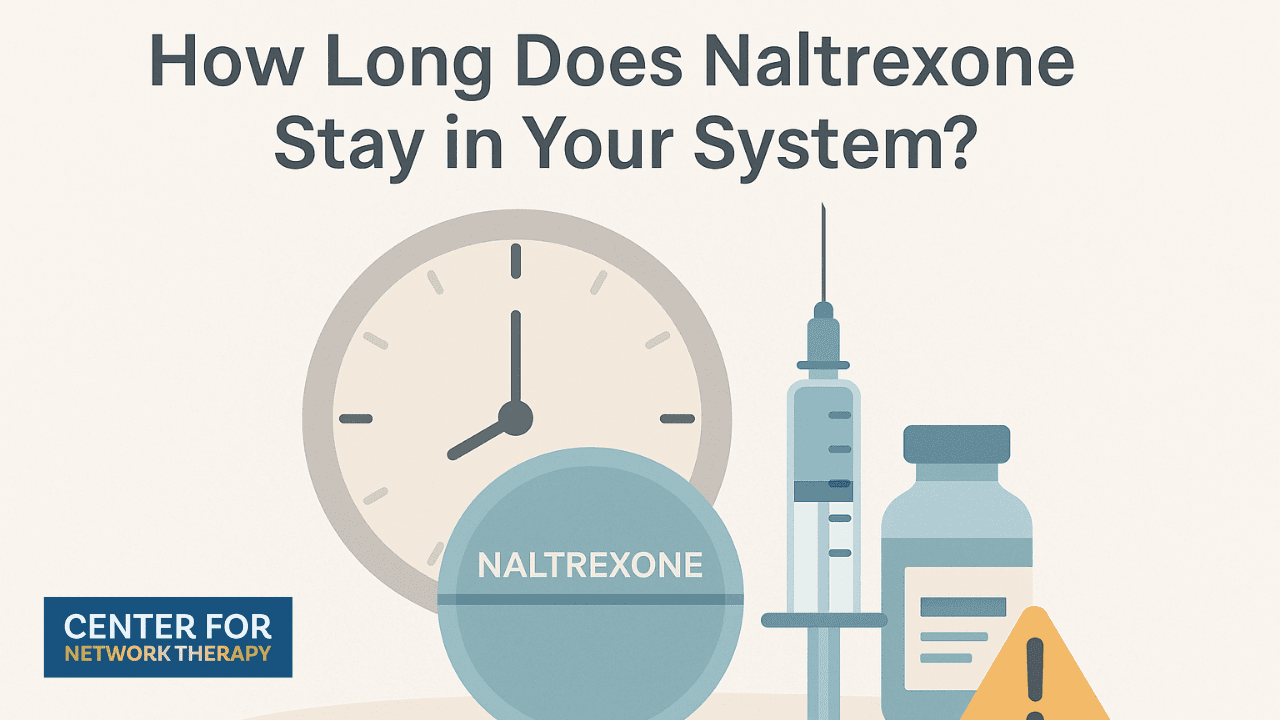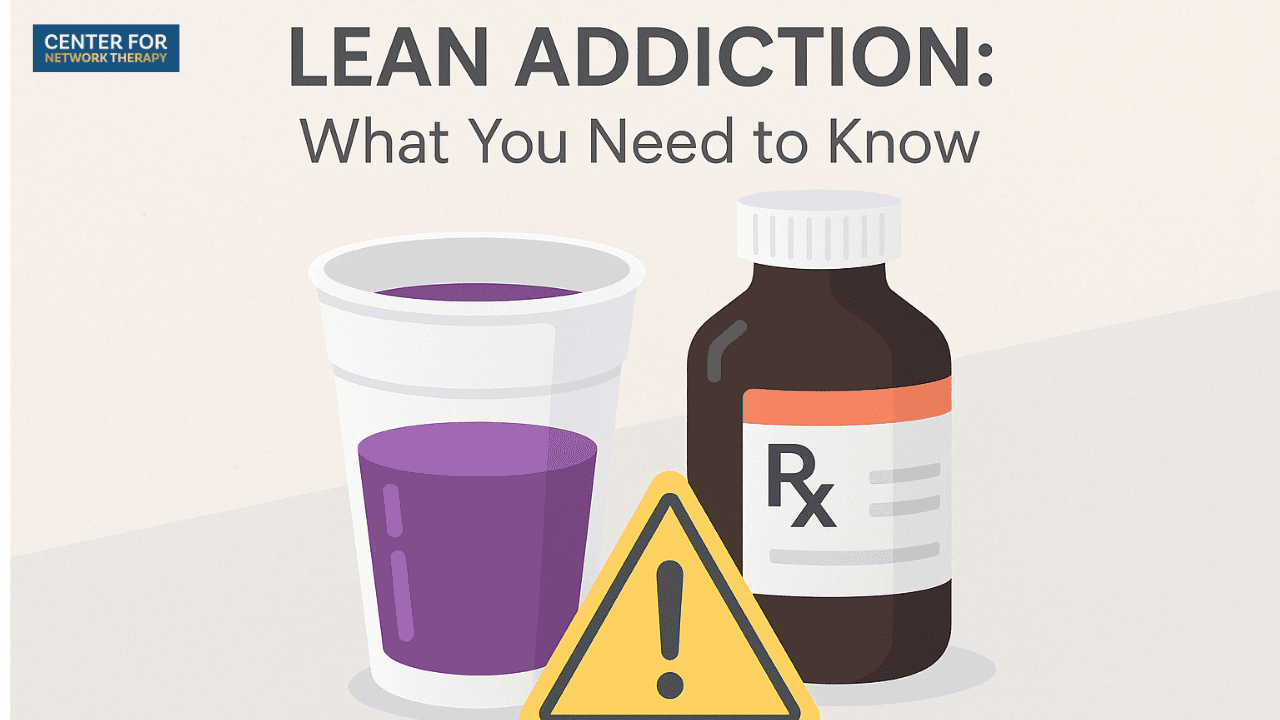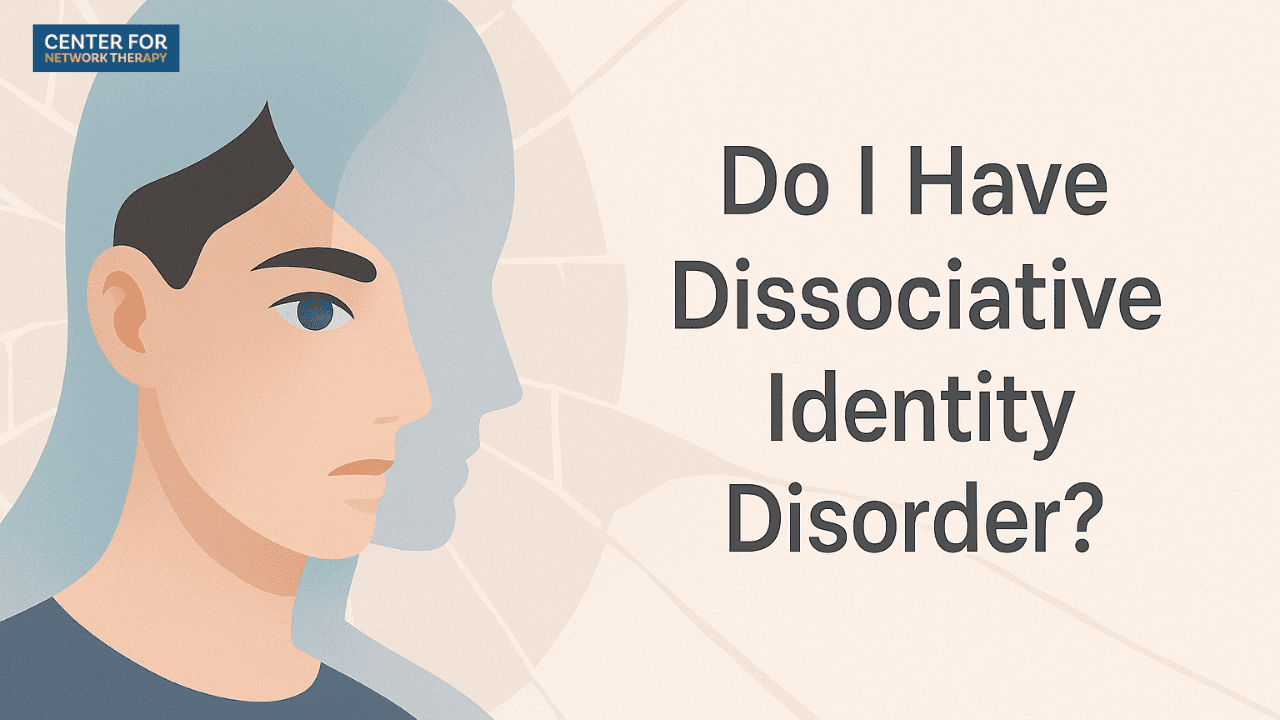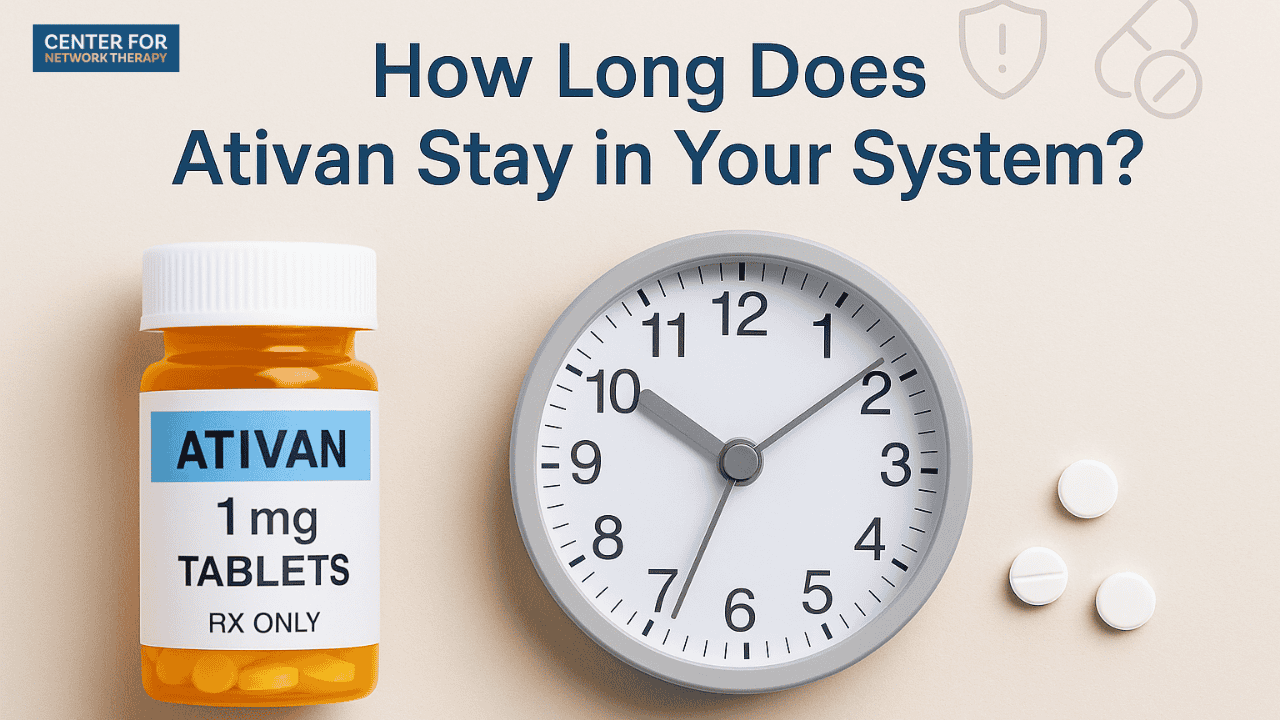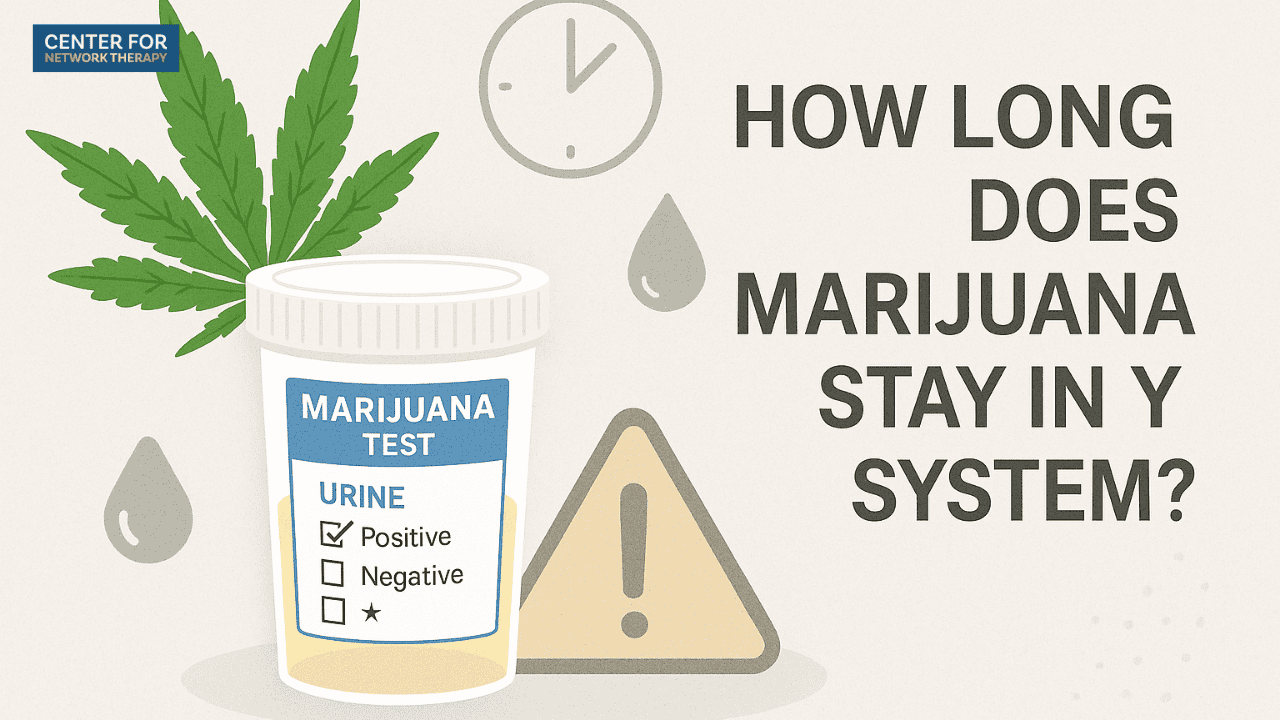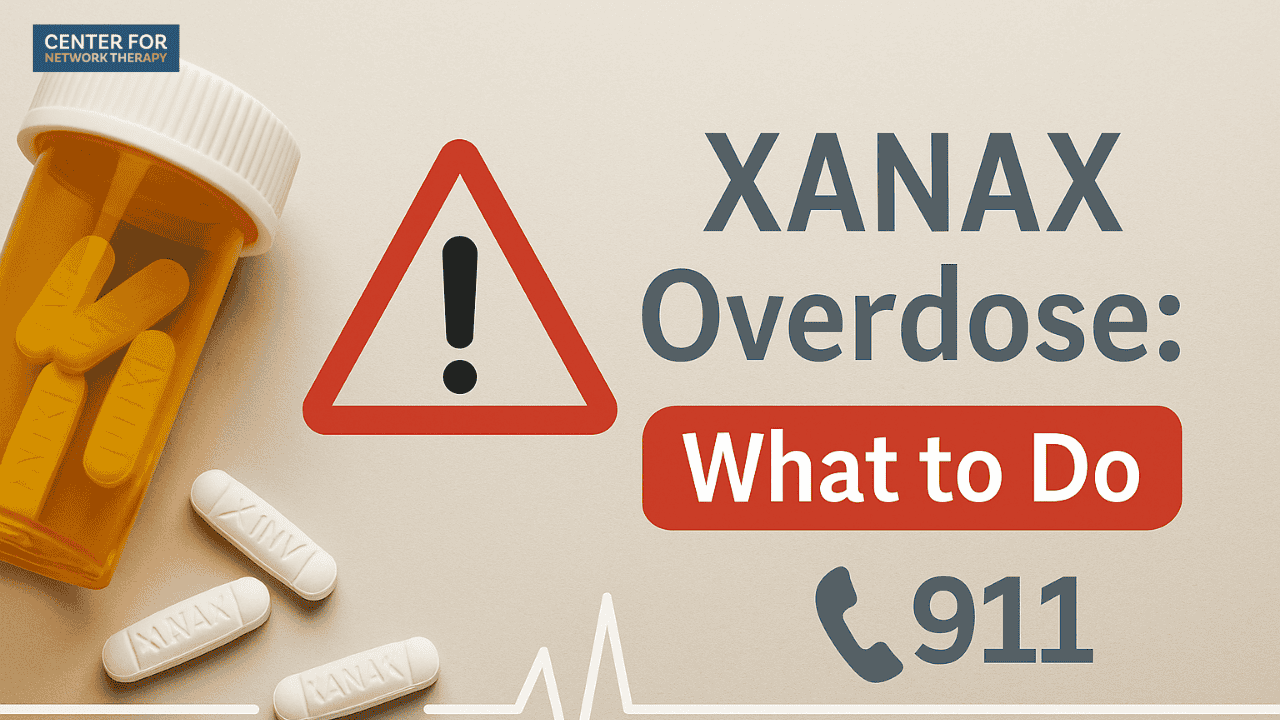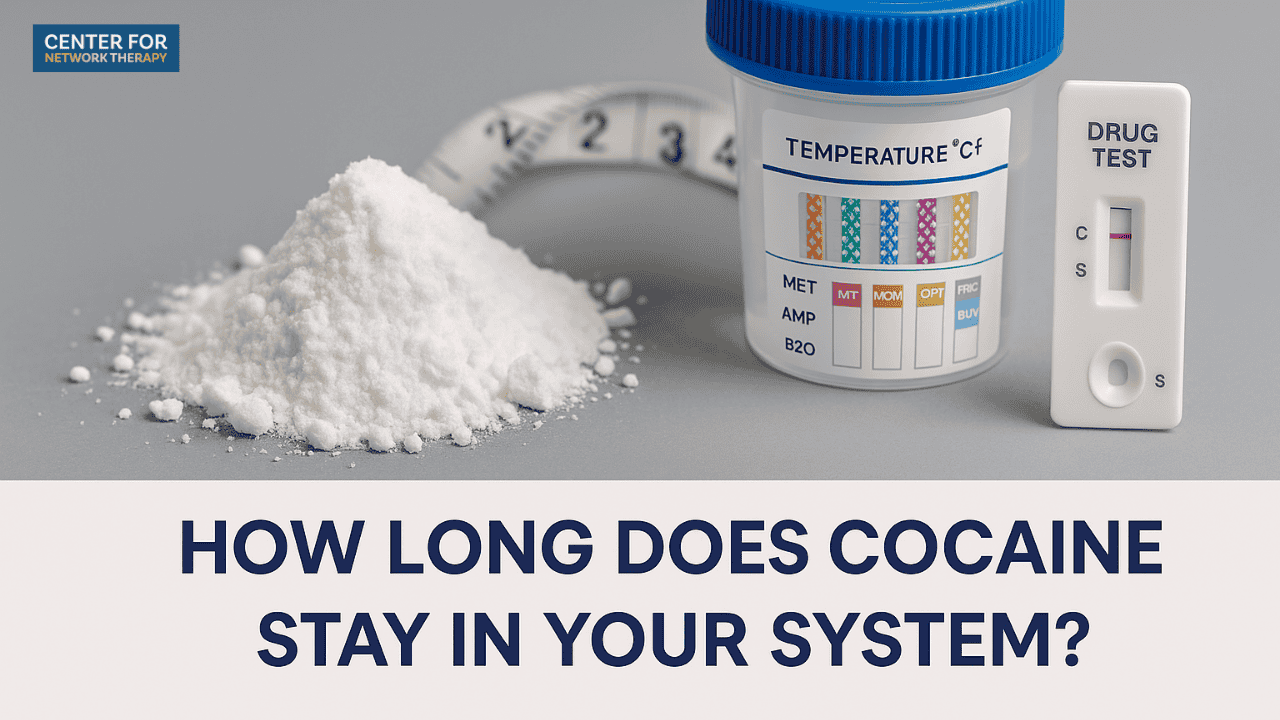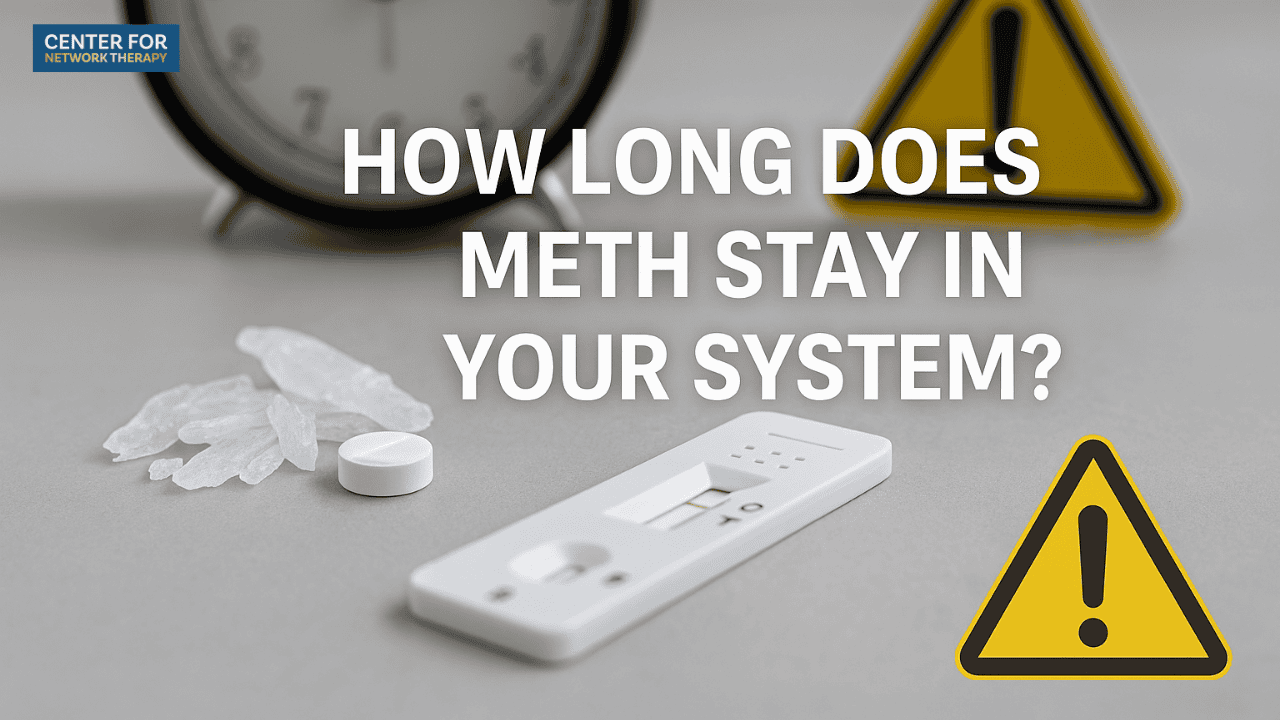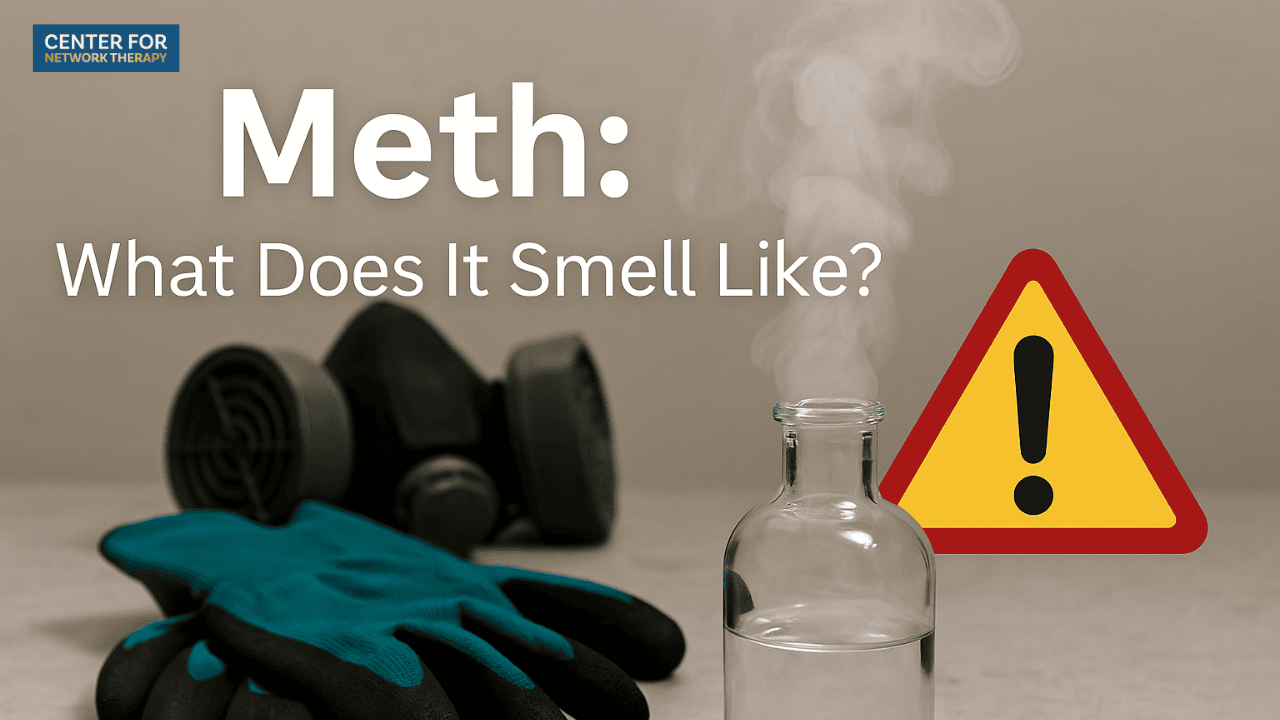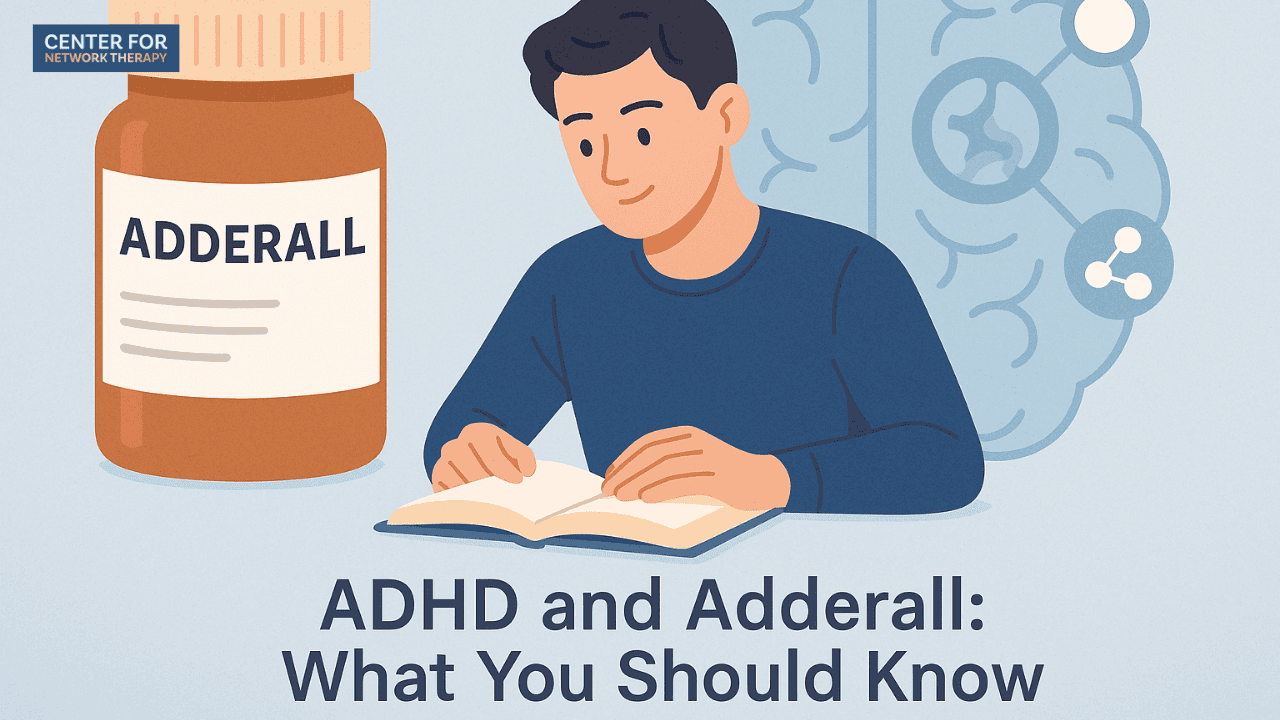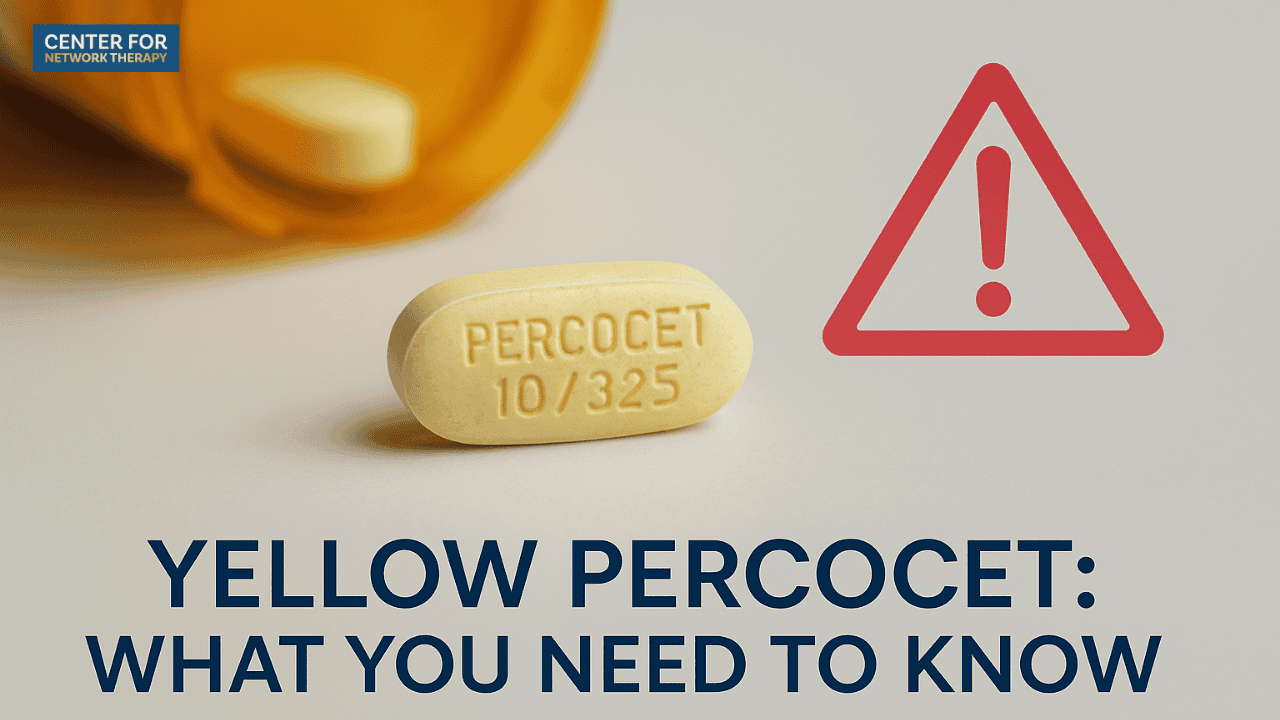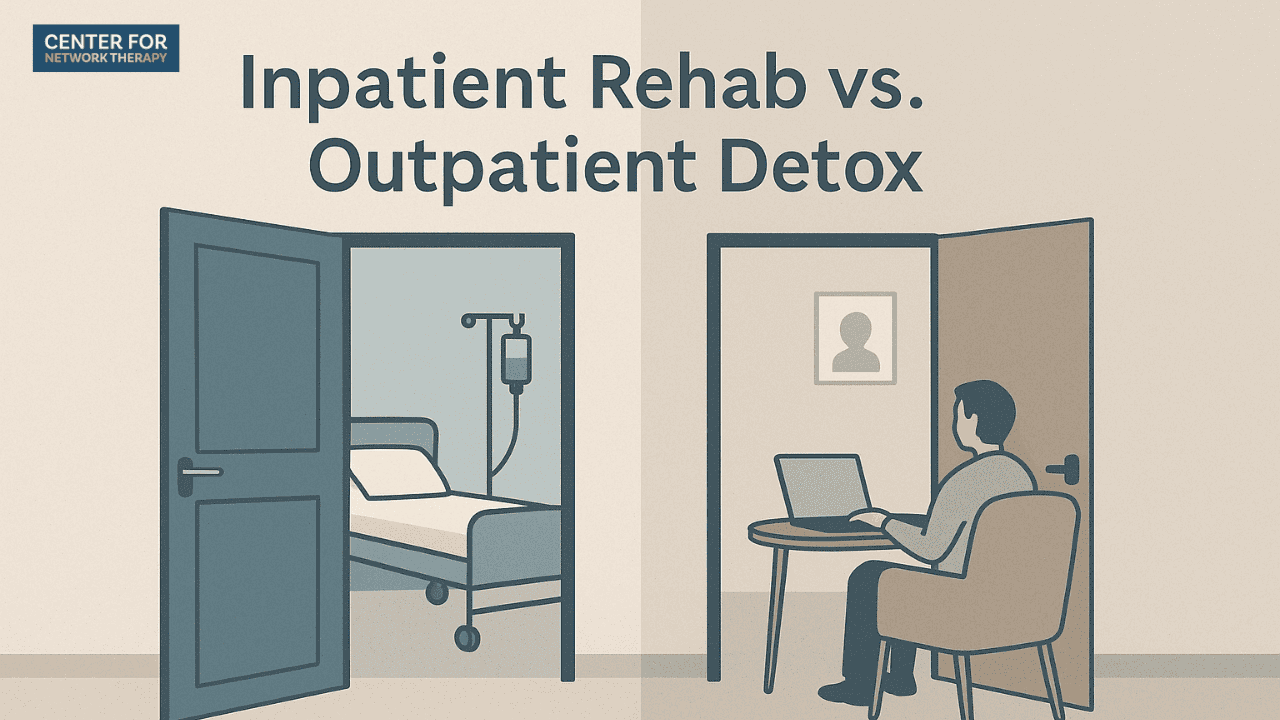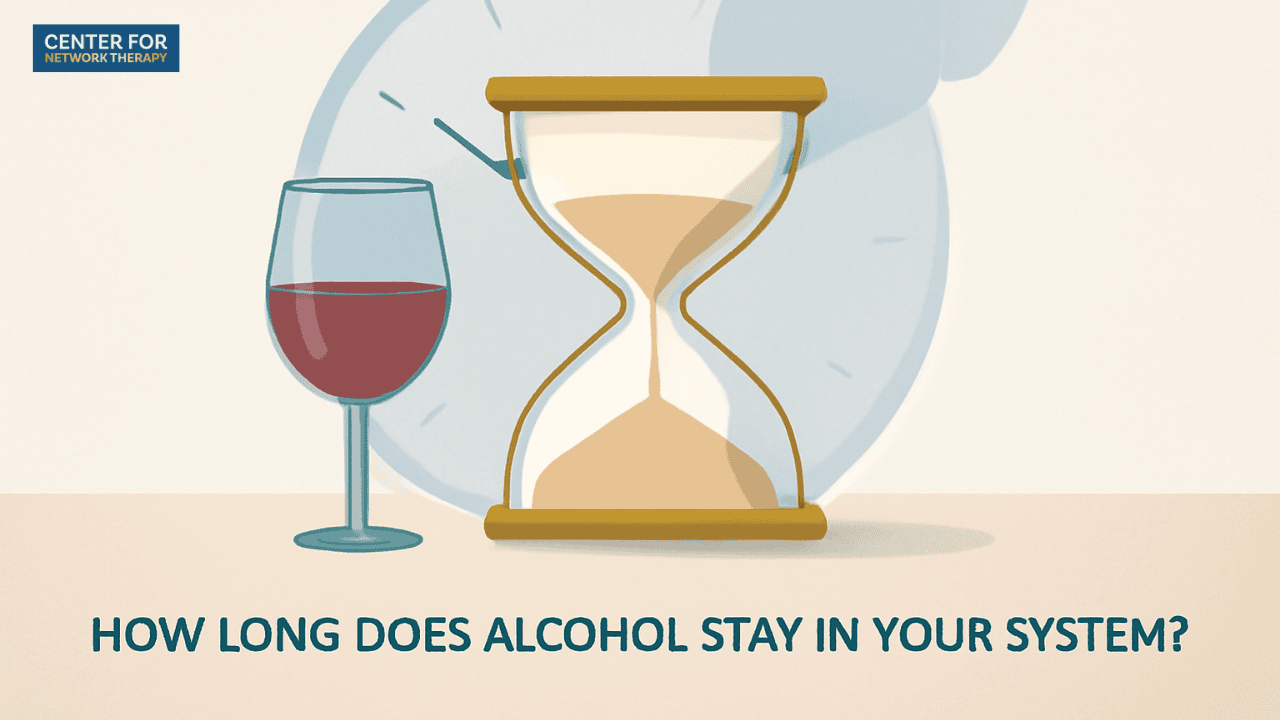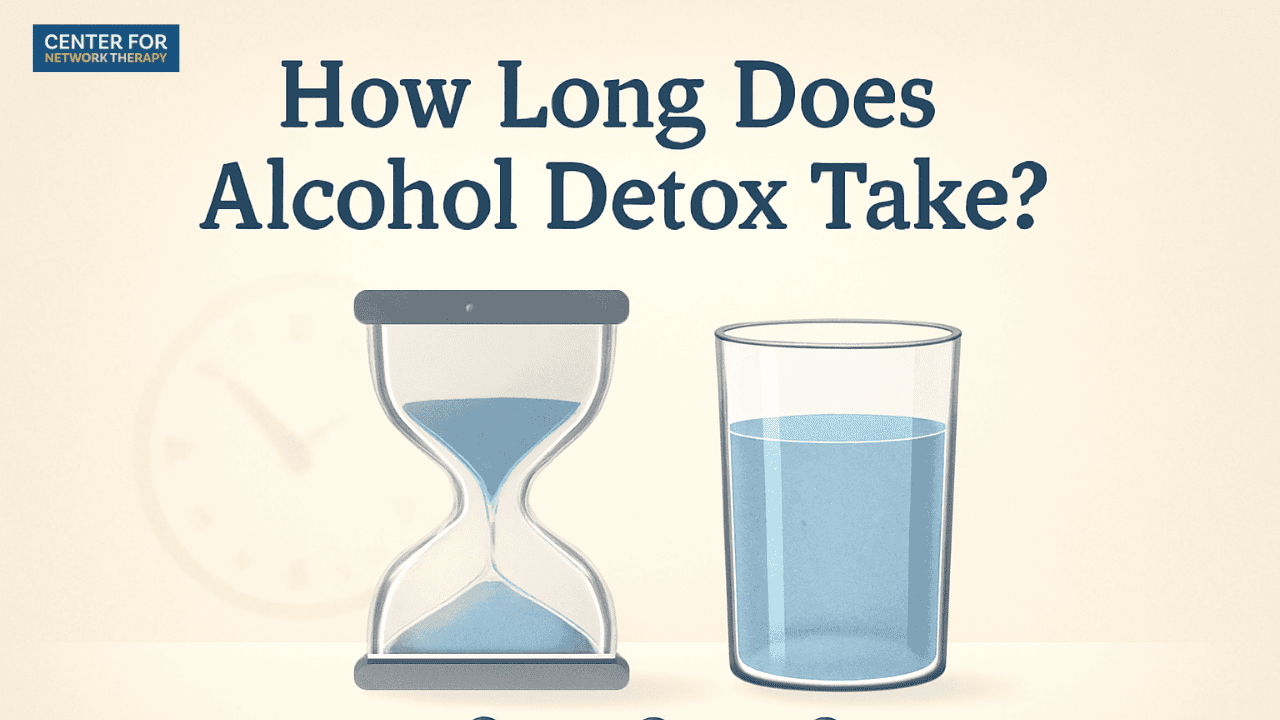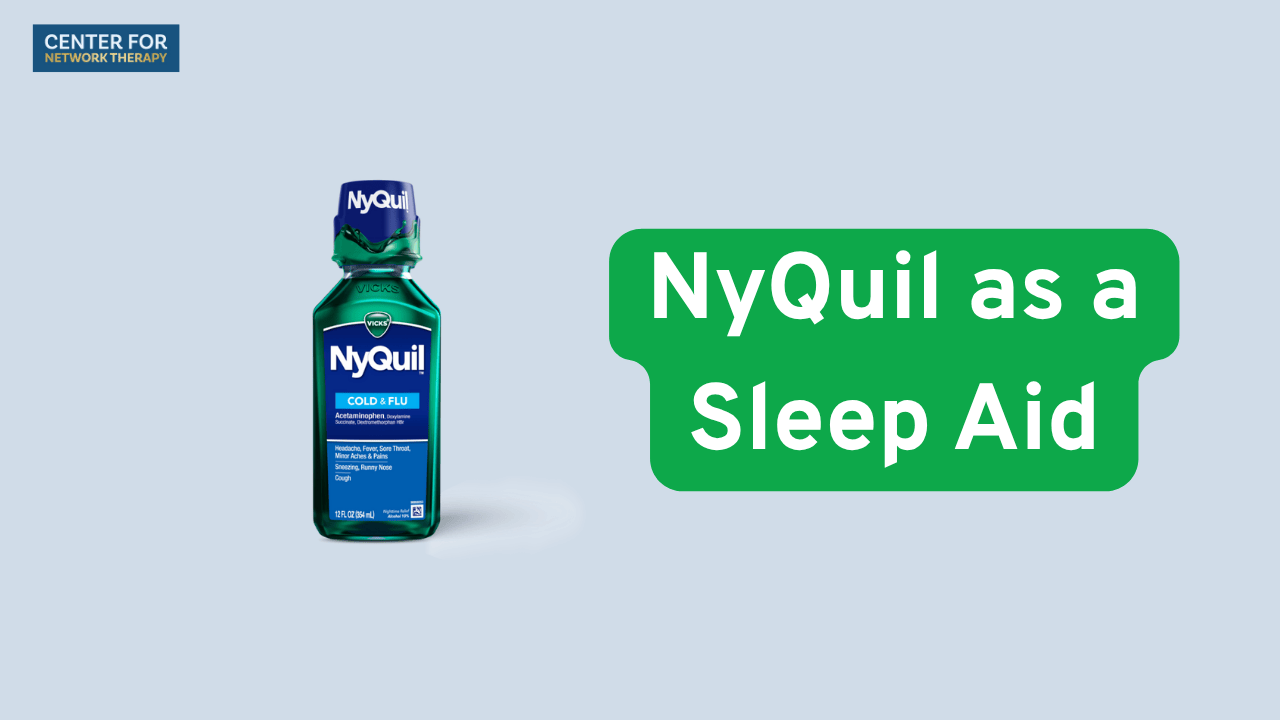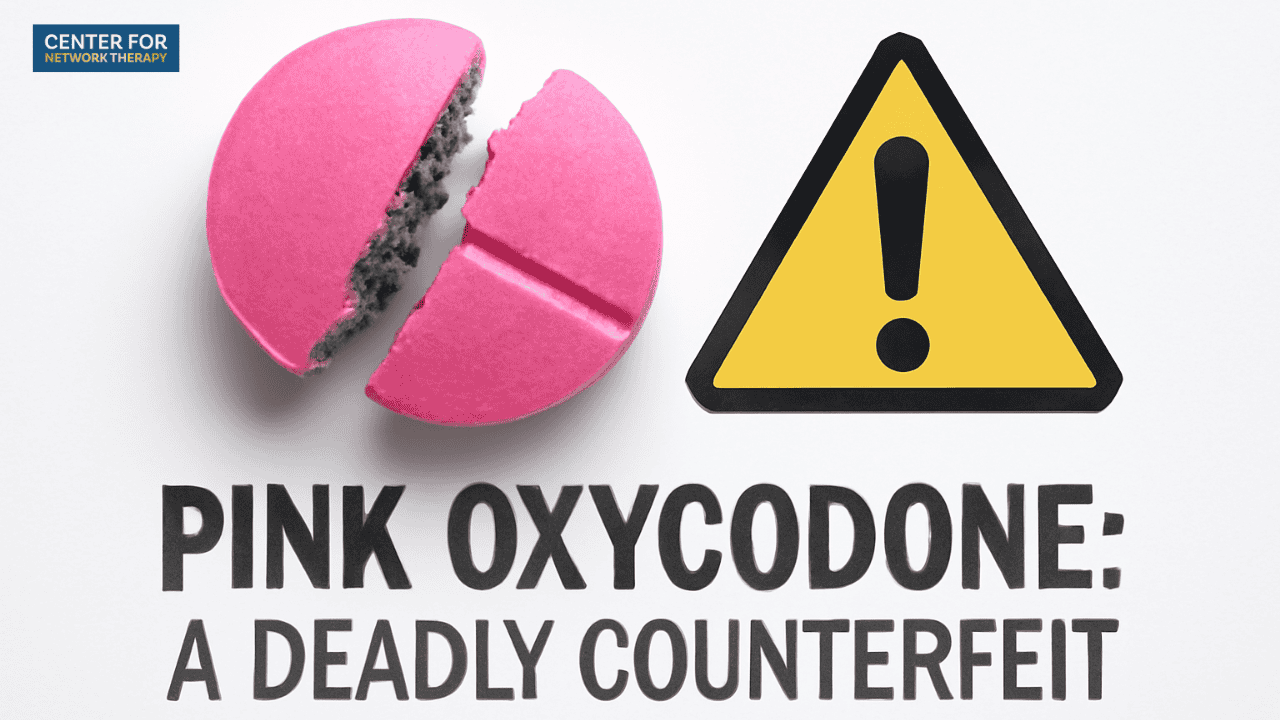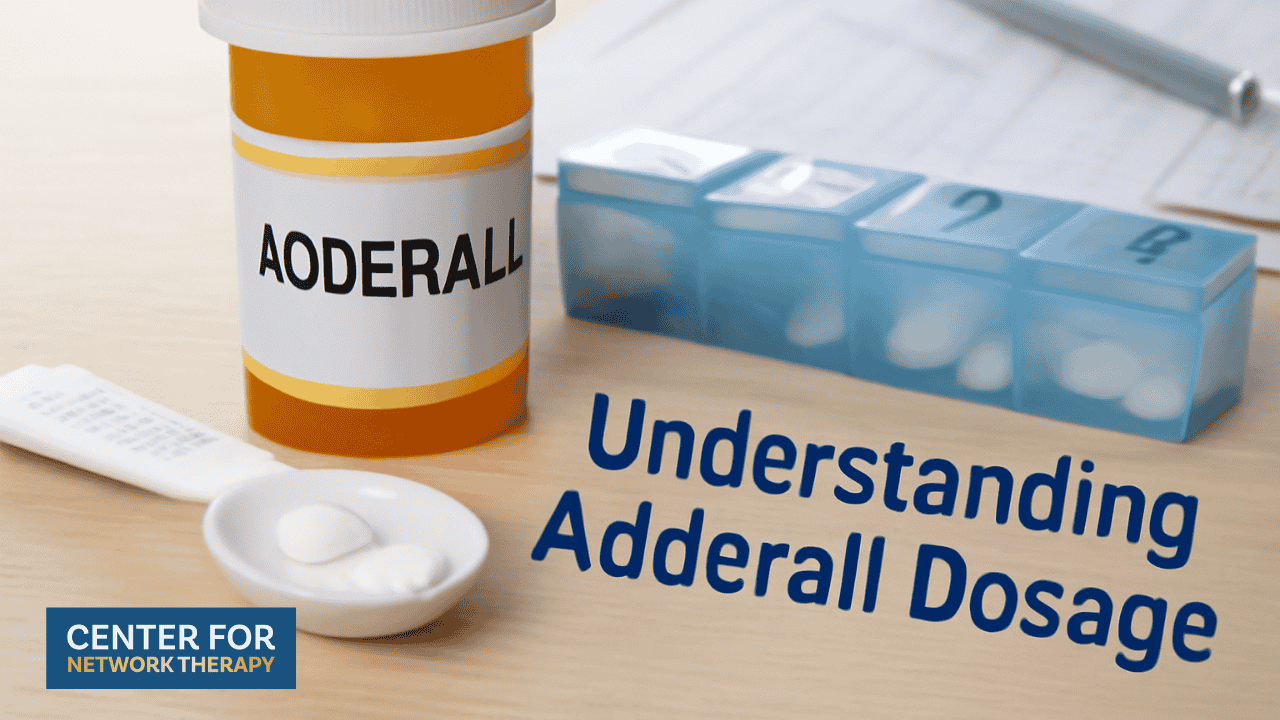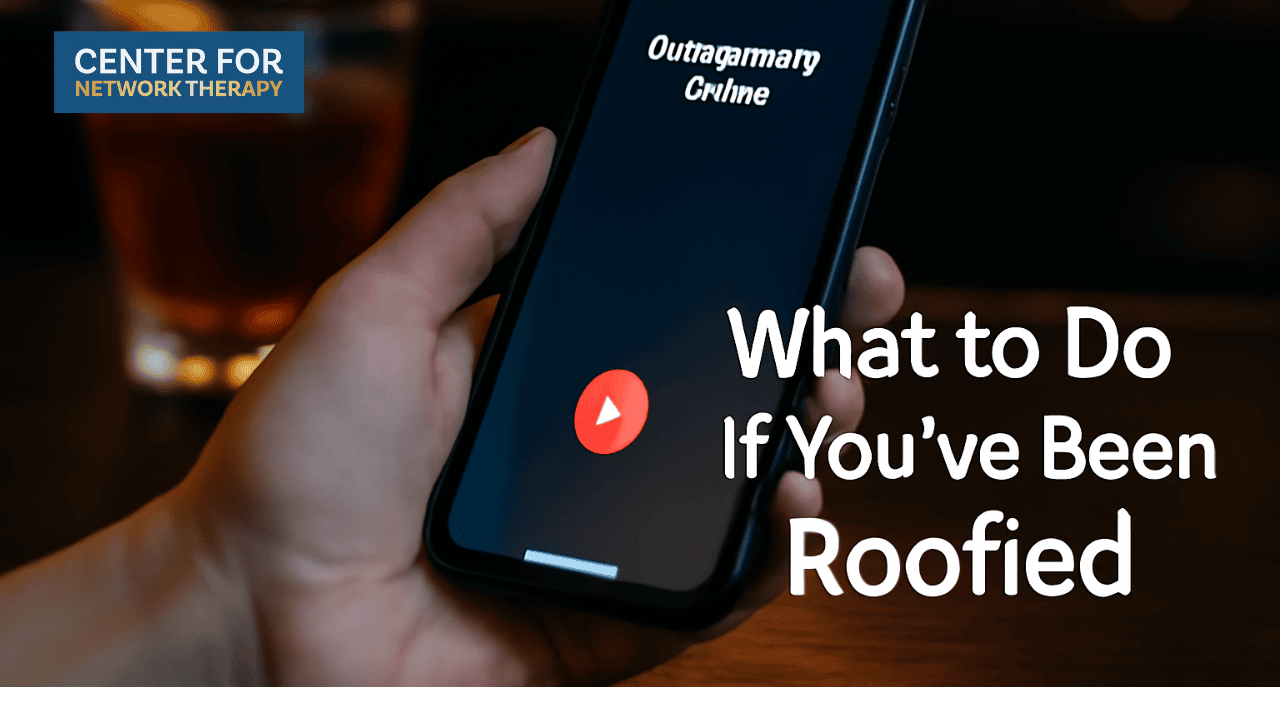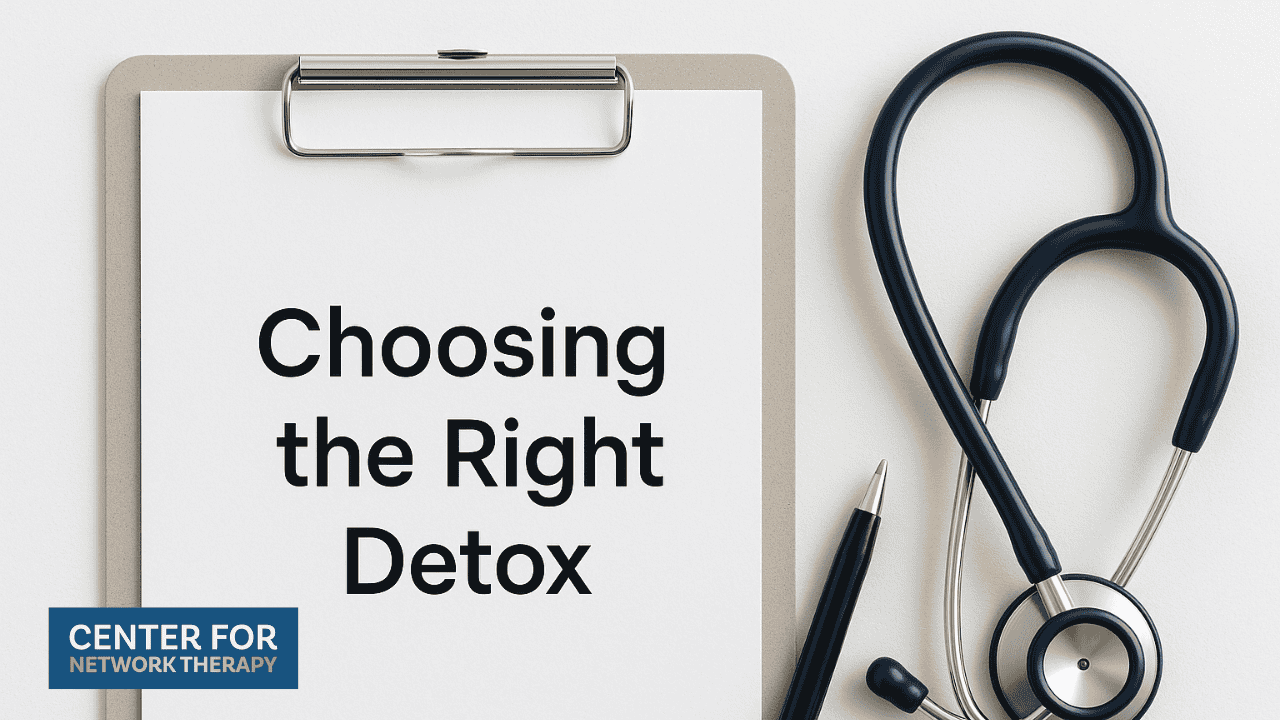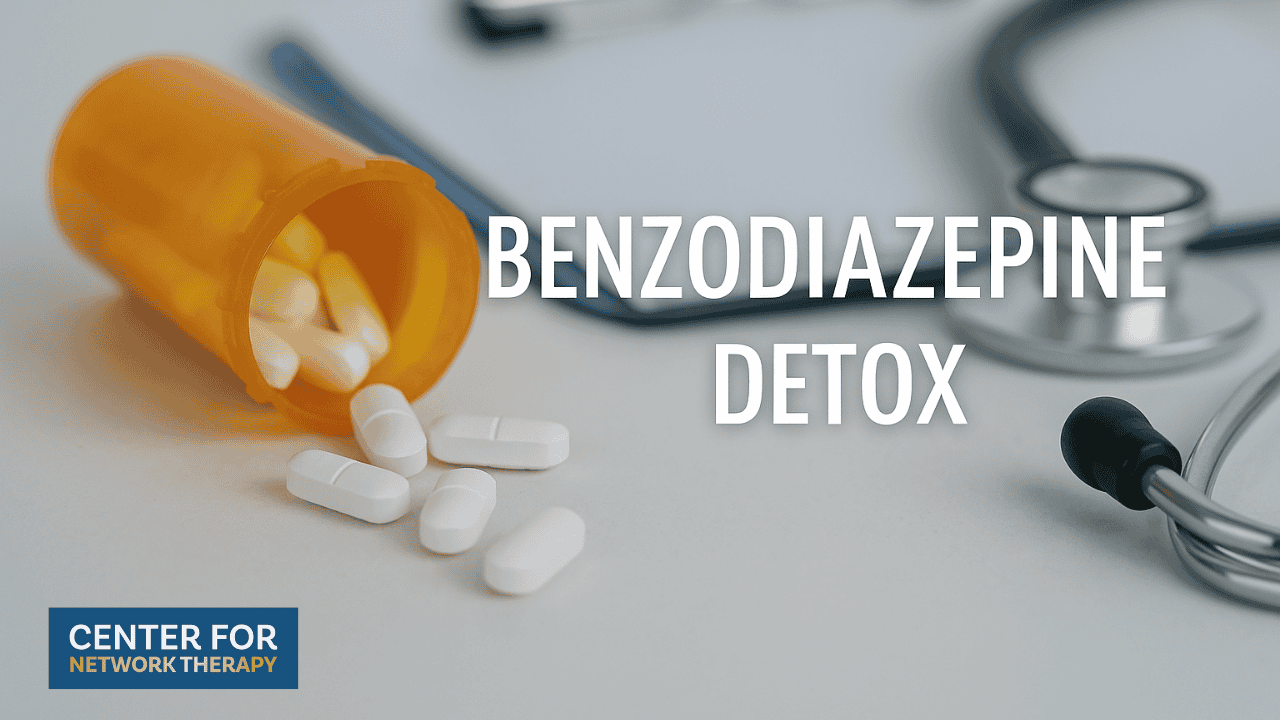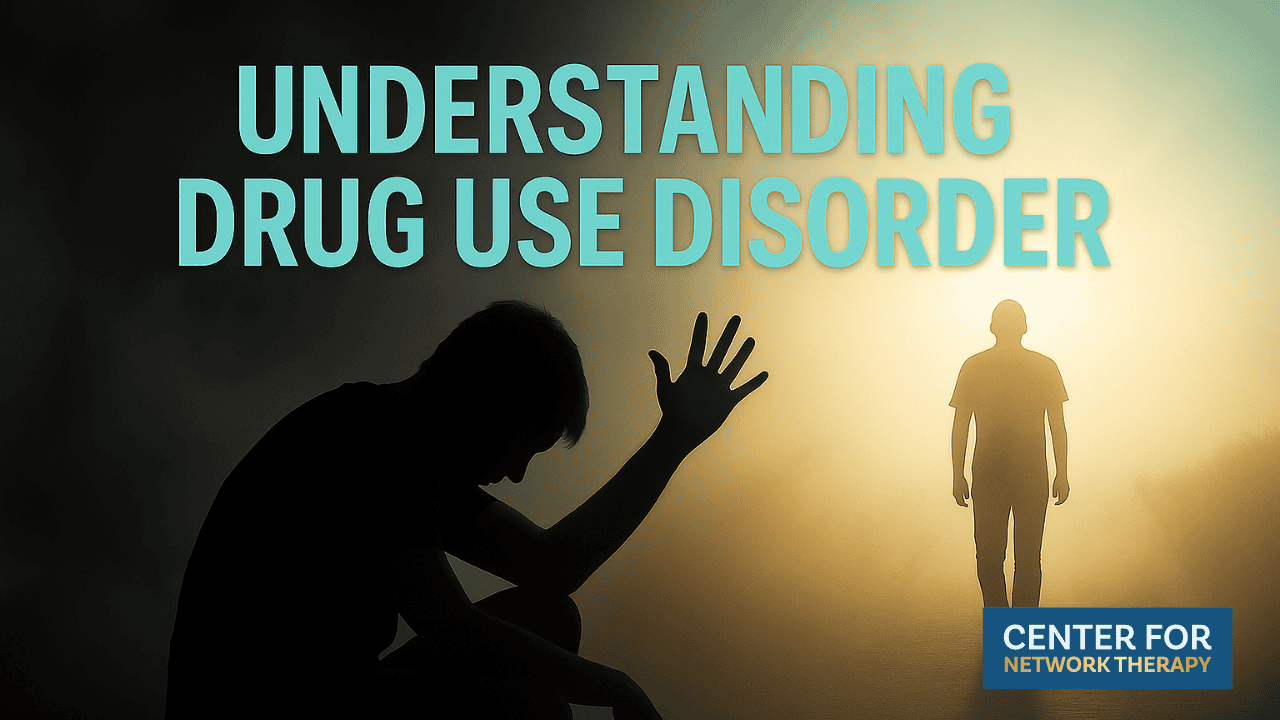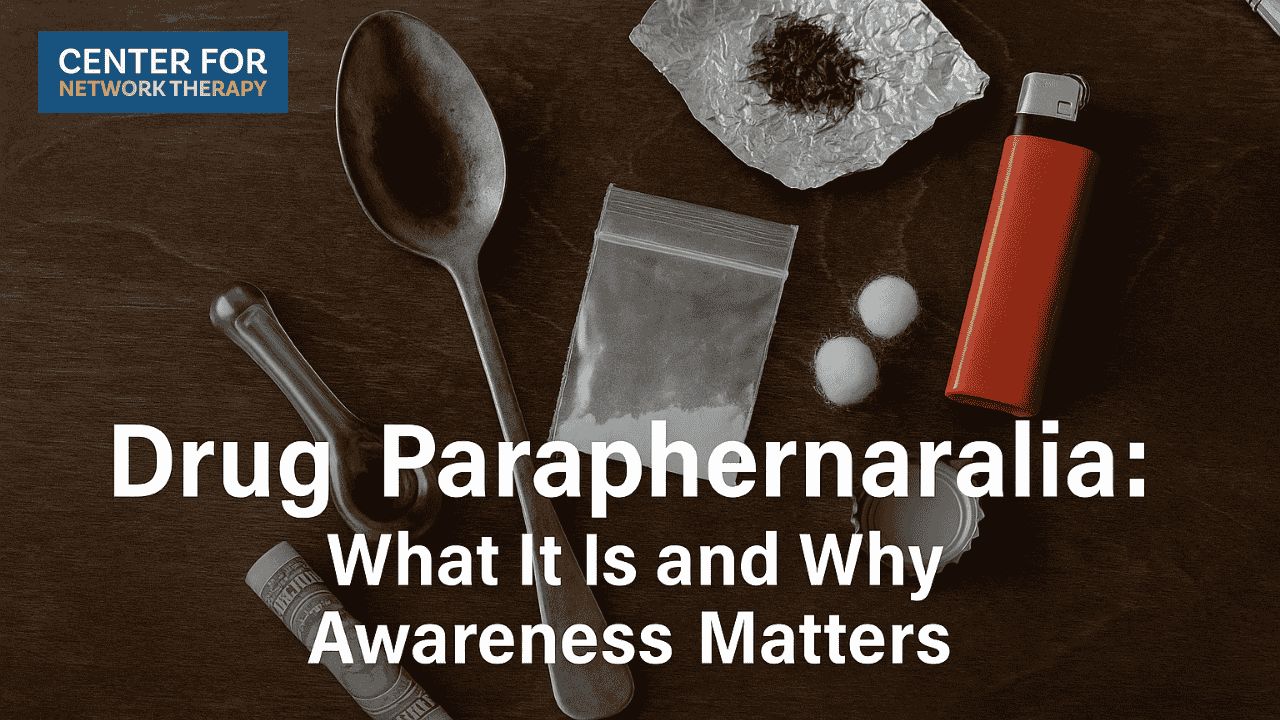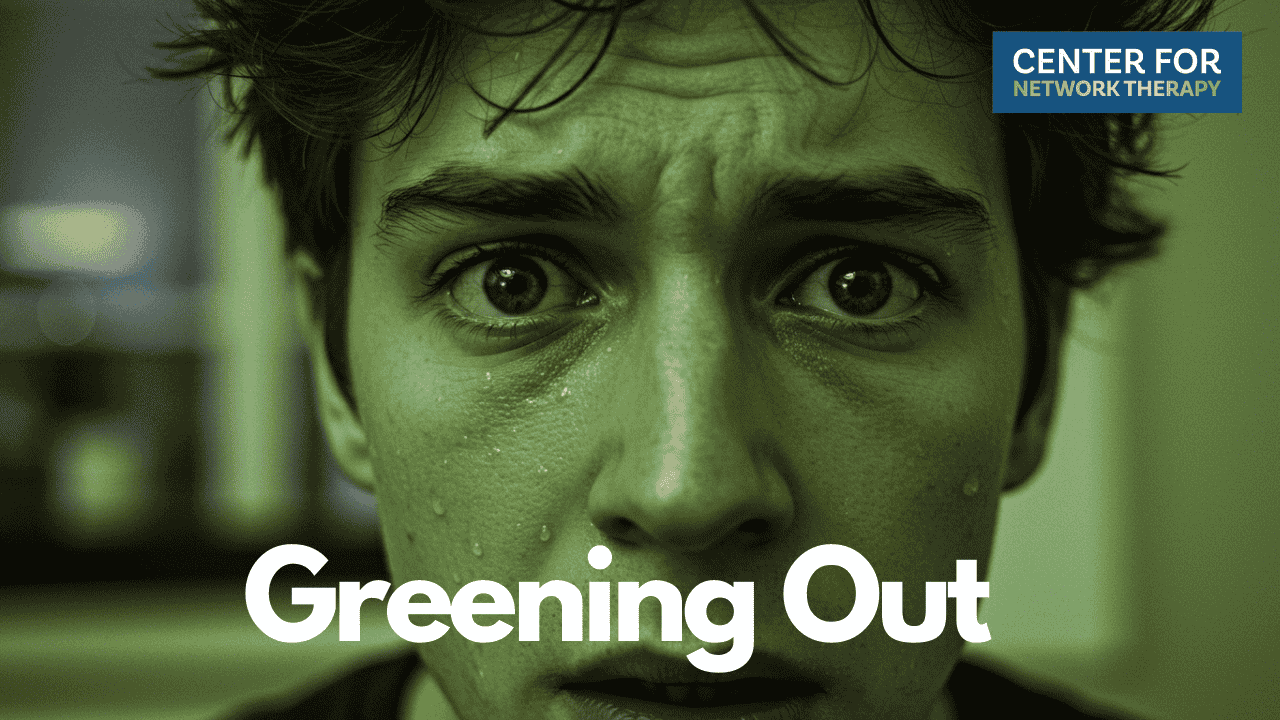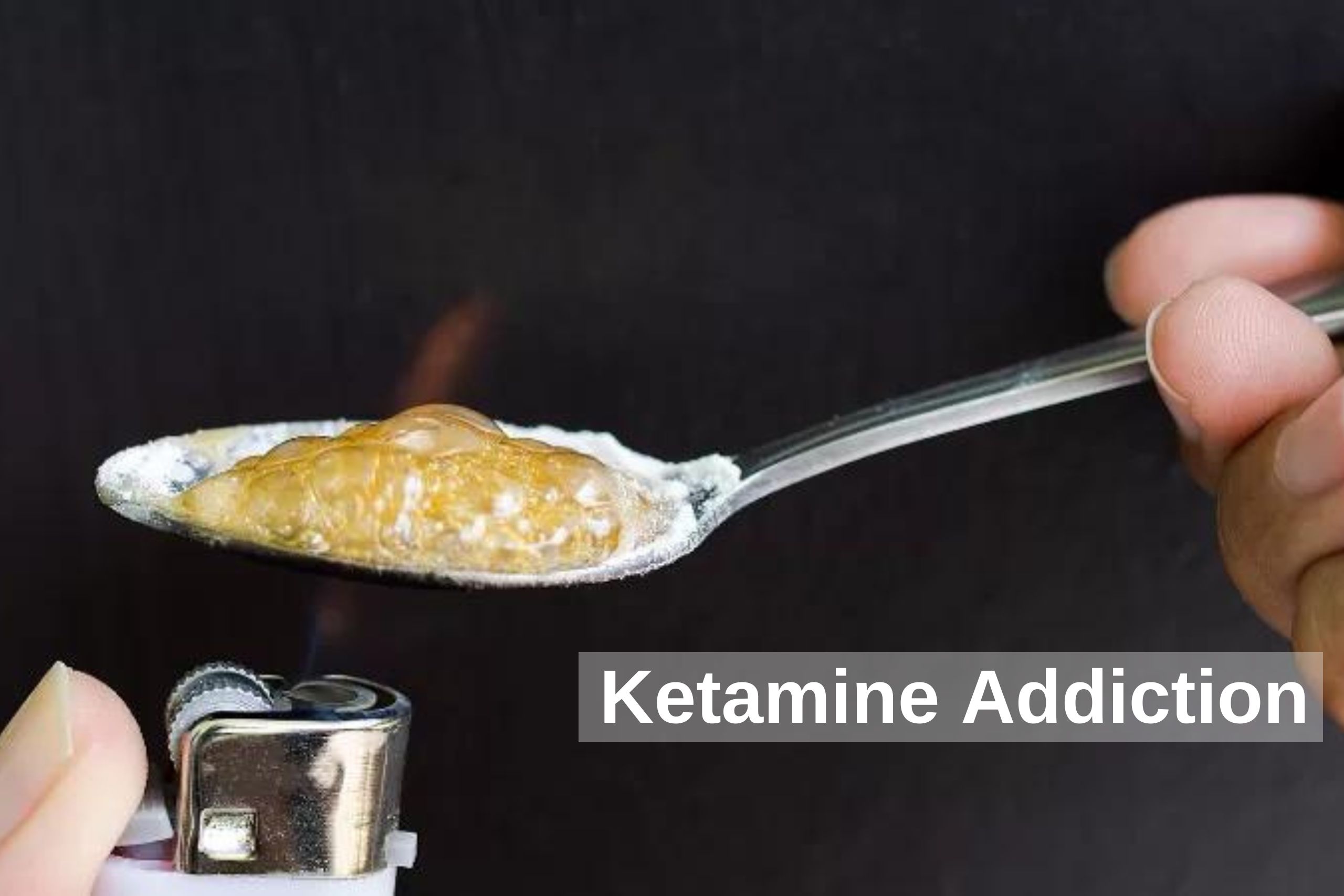Table of Contents
ToggleWhat is an Intensive Outpatient Program?

Are you considering a treatment program that will fully address your needs?
Do you prefer to get better in a less restrictive environment?
Does building a supportive network of friends and family important to you during the treatment process?
With a focus on laying a foundation for long-term recovery, our Intensive Outpatient Program (IOP) addresses individual needs and helps you develop a supportive network at home. Alcohol and drug treatment addresses behavioral, psychological, and physical needs in a less restrictive environment than inpatient programs. With an innovative approach in mind, IOP combines therapy sessions with family and local community support. Taking into consideration that medically supervised detox is not required, individuals receive life-changing tools to stay sober.
The Center For Network Therapy has been highly dedicated to the recovery of numerous patients through fully-personalized IOP treatment. Patients participate in the treatment in the evening and are able to go to work during the day and home at night. At CNT, we believe that treatment based in the home environment yields better recovery rates with a lower chance of relapse at the end of the program.
There are two types of programs that treat addiction:
They are inpatient treatment and outpatient treatment. Traditional inpatient detox and rehab programs often necessary because of a need to monitor patients at risk of seizures and stroke during the alcohol or benzodiazepine withdrawal stage. However, when supervised medical care is not required for acute medical or psychological conditions, the outpatient setting has proven to be more effective.
Outpatient detoxification and rehabilitation programs deliver better outcomes because they incorporate the patient’s living environment into treatment from day one. Inpatient programs isolate the patient from their living environment and create an artificial one for them to stay sober. When people leave the inpatient treatment, they often turn back to old habits in their home environment, as they learned coping and relapse prevention skills in an environment that did not include their living situation
What to Expect When Participating in Intensive Outpatient Program?
All types of addictions can be treated in an outpatient setting. Individuals benefit from a treatment tailored to their unique needs. A blend of group and individual support helps our patients during the process:
Personalized Assessment –
Before the treatment begins, patients take part in a personalized assessment, during which our professional staff reviews the history, mental state and physical conditions of each patient. Once the assessment is complete, the most appropriate level of care is determined based on individual needs.
Family Involvement – Patients can drive themselves to the sessions or family members drop-off and pick-up patients from the facility. The family’s involvement in treatment is always welcome as they can have greater interaction with the clinical staff and come to understand the detoxification and addiction treatment process much better. Family sessions are also provided to elevate the level of support the patient receives at home, helping them stay on the path to sobriety.
Group therapy –
Group therapy sessions often play a major role during the treatment at CNT. These groups form based on the rehabilitation needs of each participant. Our team of experts provides educational toolkits that help to deal with relapse triggers at the end of the program. Preparing the patient to deal with life stressors at the end of treatment is the goal. Patients not only learn how to manage sobriety, but they also receive great support from other group members. A stronger will to succeed develops when patients support their peers and interact with individuals with similar challenges.
Individual therapy –
Along with group therapy, patients get one-on-one sessions with a therapist. Individual ongoing support is provided to address any additional concerns, fears, goals, and questions patients experience through the treatment.
Integrating Living Environment into Treatment –
Therapy focuses on coping relapse prevention skills that typically can be mastered after a duration of daily practice. The patient goes back to the home environment every day to practice these skills. So, they are able to bring back the issues they had while applying those skills and work through the barriers with the support of therapists. The continual process hones their skills and enables to apply learned relapse prevention and coping mechanisms in their real-life environment seamlessly. This leads to better sobriety rates post-treatment.
Longer Length of Stay –
Another benefit of the outpatient program is a lower cost of treatment. Since outpatient treatment is less expensive than inpatient, health insurance providers usually approve longer lengths of treatment – detoxification as well as other lower levels of treatment. The benefit to the patient is that longer lengths of stay in detoxification lead to minimization or total elimination of withdrawal symptoms and/or cravings
Personalized and safe rehabilitation is the core value at CNT. If you are looking for a safe alcohol treatment program, please contact us to ease your road to recovery. Call a treatment expert today if you or a loved one is experiencing issues with alcohol.
Related Articles
Ambulatory Outpatient Treatment




